Tigerexch, Skyinplay, Playinexch, T20 Exchange: Player contract negotiations in professional sports have always been a complex and delicate process. However, with the advent of predictive analytics, teams and agents now have a powerful tool at their disposal. By utilizing data-driven insights and statistical models, they can make more informed decisions and secure the best deals for their clients.
One exciting way to leverage predictive analytics in player contract negotiations is by analyzing performance trends. By examining a player’s past performance and comparing it to historical data, teams can project future performance and determine the value of a player’s contract. This not only helps teams make more accurate valuation decisions but also allows them to allocate resources effectively and build a competitive roster. Moreover, agents can use this information to negotiate more favorable deals for their clients and ensure they receive what they deserve based on their performance potential.
The power of predictive analytics extends beyond performance analysis. Another exciting way to leverage this technology in contract negotiations is by analyzing market trends and player demand. By evaluating factors such as a player’s age, position, and overall market demand, teams can predict the interest from other teams and adjust their negotiation strategies accordingly. This allows teams to make better-informed decisions, understand the market value for a particular player, and ultimately negotiate contracts that are fair and in line with the current market. For players, this enables them to capitalize on their market value and secure contracts that reflect their true worth.
As the world of professional sports continues to evolve, predictive analytics will undoubtedly play a crucial role in player contract negotiations. By utilizing these data-driven insights, teams can make more informed decisions, while players and agents can ensure fair compensation. The possibilities are endless, and the future of player contract negotiations looks exciting with the integration of predictive analytics.
Unlocking the Power of Predictive Analytics in Player Contract Negotiations
The world of sports is constantly evolving, with teams and players always on the lookout for an edge over their competition. One area that has seen tremendous growth in recent years is the use of predictive analytics in player contract negotiations. This powerful tool provides teams with valuable insights and data-driven predictions that can help them make more informed decisions when it comes to signing players.
Gone are the days of relying solely on gut feelings or intuition when it comes to negotiating player contracts. Predictive analytics takes the guesswork out of the equation, providing teams with a wealth of information that can help them determine a player’s future performance and value. From analyzing a player’s injury history to predicting their potential for growth and development, these analytics can be a game-changer in contract negotiations. With this exciting technology, teams can now approach negotiations with confidence, armed with data that supports their decisions and gives them an edge in the fiercely competitive world of professional sports.
- � Predictive analytics in player contract negotiations provides valuable insights and data-driven predictions
- � It helps teams make more informed decisions when signing players
- � Gone are the days of relying solely on gut feelings or intuition in negotiations
- � Predictive analytics takes the guesswork out of determining a player’s future performance and value
- � It analyzes factors such as injury history, growth potential, and development possibilities
- � Teams can approach negotiations with confidence, armed with supporting data
- � Gives teams an edge in the competitive world of professional sports.
What is predictive analytics?
Predictive analytics is a powerful tool that uses data and statistical algorithms to forecast future outcomes or behaviors. It helps organizations make informed decisions by analyzing patterns and trends in historical data.
How can predictive analytics be used in player contract negotiations?
Predictive analytics can be leveraged in player contract negotiations to evaluate a player’s performance, assess their potential for future success, and determine their market value. This data-driven approach can ensure fair and accurate negotiations, benefiting both the player and the team.
What are some exciting ways to use predictive analytics in player contract negotiations?
Exciting ways to leverage predictive analytics in player contract negotiations include analyzing a player’s past performance, injury history, and overall contribution to the team. It can also help identify emerging talent, assess the impact of potential signings, and predict a player’s future performance based on various factors.
How does predictive analytics improve the negotiation process?
By utilizing predictive analytics, teams and players can have a more objective and data-driven approach to contract negotiations. It removes biases and subjectivity, allowing both parties to make informed decisions based on statistical evidence and historical trends.
Can predictive analytics accurately predict a player’s future performance?
While predictive analytics can provide valuable insights, it is important to remember that no prediction is 100% accurate. However, by analyzing relevant data and considering various factors, predictive analytics can offer a more informed estimation of a player’s future performance.
How can teams benefit from using predictive analytics in player contract negotiations?
Teams can benefit from using predictive analytics in player contract negotiations by ensuring they make data-driven decisions that align with their organizational goals. It helps them allocate resources effectively, identify undervalued players, and maximize their chances of building a successful team.
Is predictive analytics widely used in player contract negotiations?
The use of predictive analytics in player contract negotiations is becoming increasingly common in the sports industry. Many teams are recognizing its value in gaining a competitive edge and making informed decisions. However, the extent of its use may vary among organizations.
Can predictive analytics replace the expertise of scouts and coaches in player evaluations?
Predictive analytics should be seen as a tool to support and enhance the expertise of scouts and coaches, rather than replace them. While it can provide valuable insights, human judgment and expertise are still crucial in evaluating intangible qualities and assessing a player’s fit within a team’s system.
Are there any limitations to using predictive analytics in player contract negotiations?
Like any analytical tool, predictive analytics has its limitations. It relies heavily on historical data, which may not always fully capture a player’s potential or future performance. It is essential to use predictive analytics as part of a comprehensive evaluation process, considering multiple factors and perspectives.
Read Also:
- How To Start A T-Shirt Printing Business?
- Top 20 Small Business Ideas For Beginners
- Lil Baby Net Worth | What Is Lil Baby’s Net Worth


